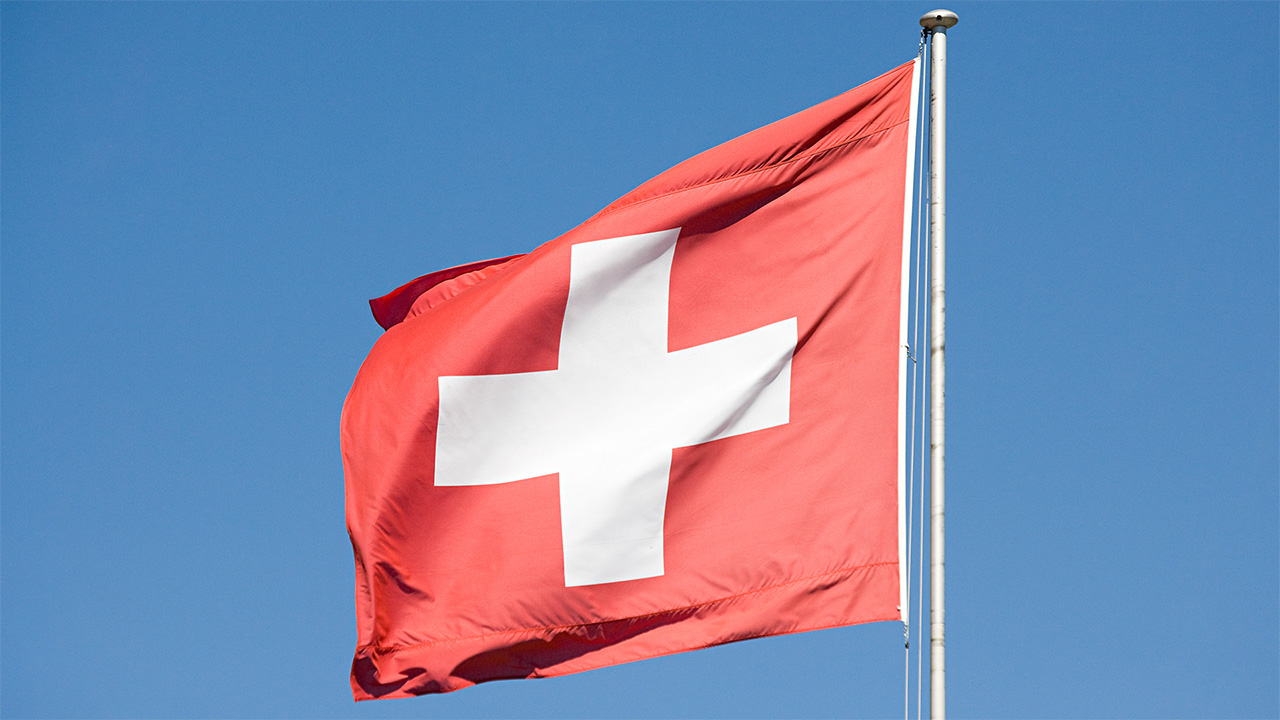Proton VPN boss compares Switzerland to Russia and claims it could leave the country over proposed law
Encryption and user data is under threat

Here at Tom’s Guide our expert editors are committed to bringing you the best news, reviews and guides to help you stay informed and ahead of the curve!
You are now subscribed
Your newsletter sign-up was successful
Want to add more newsletters?

Daily (Mon-Sun)
Tom's Guide Daily
Sign up to get the latest updates on all of your favorite content! From cutting-edge tech news and the hottest streaming buzz to unbeatable deals on the best products and in-depth reviews, we’ve got you covered.

Weekly on Thursday
Tom's AI Guide
Be AI savvy with your weekly newsletter summing up all the biggest AI news you need to know. Plus, analysis from our AI editor and tips on how to use the latest AI tools!

Weekly on Friday
Tom's iGuide
Unlock the vast world of Apple news straight to your inbox. With coverage on everything from exciting product launches to essential software updates, this is your go-to source for the latest updates on all the best Apple content.

Weekly on Monday
Tom's Streaming Guide
Our weekly newsletter is expertly crafted to immerse you in the world of streaming. Stay updated on the latest releases and our top recommendations across your favorite streaming platforms.
Join the club
Get full access to premium articles, exclusive features and a growing list of member rewards.
Proton boss Andy Yen has said the company will leave Switzerland if the country's new surveillance legislation becomes law.
Switzerland is known for its strong privacy laws and is home to one of the best VPNs, Proton VPN.
The law change would impact Proton VPN's credentials as one of the most private VPNs and would have a monumental effect on the wider VPN industry.
Switzerland's current surveillance law instructs mobile networks and internet service providers (ISPs) to collect and store user data. The proposed change would extend this to VPNs, messaging apps, and social media companies.
Having a strict no-logs policy is very important and a must-have to be considered a quality VPN provider. Collecting user information would severely breach these policies and undermine user privacy.
Proton VPN would rather leave its Swiss home than risk the privacy of its users.
The Swiss government's consultation on the proposals closed on May 6 2025, and we are awaiting its findings.

Switzerland or Russia?
Andy Yen spoke to Radio Télévision Suisse (RTS) on May 13, and launched a scathing attack on the proposed legislative amendment.
Yen described it as a "major violation of the right to privacy" – something that directly contradicts Proton's "privacy by default" tagline.
"This revision attempts to implement something that has been deemed illegal in the EU and the United States," Yen claimed. "The only country in Europe with a roughly equivalent law is Russia."
This is a damning comparison. Russia has some of the world's strictest VPN laws, has banned multiple VPNs from its app stores, and has a long history of internet censorship. In December 2024, it disrupted the internet across several regions in a rumoured test of its "sovereign internet structure."
The only country in Europe with a roughly equivalent law is Russia
Andy Yen, Proton CEO
The amendment's consultation phase ended on May 6. At the time of writing the findings aren't known.
If the law is changed, Yen said "we would have no choice but to leave Switzerland."
"The law would become almost identical to the one in force today in Russia. It's an untenable situation. We would be less confidential as a company in Switzerland than Google, based in the United States. So it's impossible for our business model."

Not just Proton
The law requires changes to encryption, as well as user data collection. An encryption backdoor would be demanded and new types of information and monitoring created.
Proton's users exceed 100 million, with Proton VPN, Proton Mail, and the wider Proton ecosystem at risk. But other Swiss based companies who provide encrypted services would also be impacted – including the encrypted messaging app, Threema, and the newly launched VPN, NymVPN.
NymVPN has been a vocal critic of the proposed amendment, with its Chief Operating Officer Alexis Roussel releasing a detailed statement.
Quotes featured in this article have been translated from French into English.
We test and review VPN services in the context of legal recreational uses. For example: 1. Accessing a service from another country (subject to the terms and conditions of that service). 2. Protecting your online security and strengthening your online privacy when abroad. We do not support or condone the illegal or malicious use of VPN services. Consuming pirated content that is paid-for is neither endorsed nor approved by Future Publishing.

George is a Staff Writer at Tom's Guide, covering VPN, privacy, and cybersecurity news. He is especially interested in digital rights and censorship, and its interplay with politics. Outside of work, George is passionate about music, Star Wars, and Karate.
You must confirm your public display name before commenting
Please logout and then login again, you will then be prompted to enter your display name.
 Club Benefits
Club Benefits










